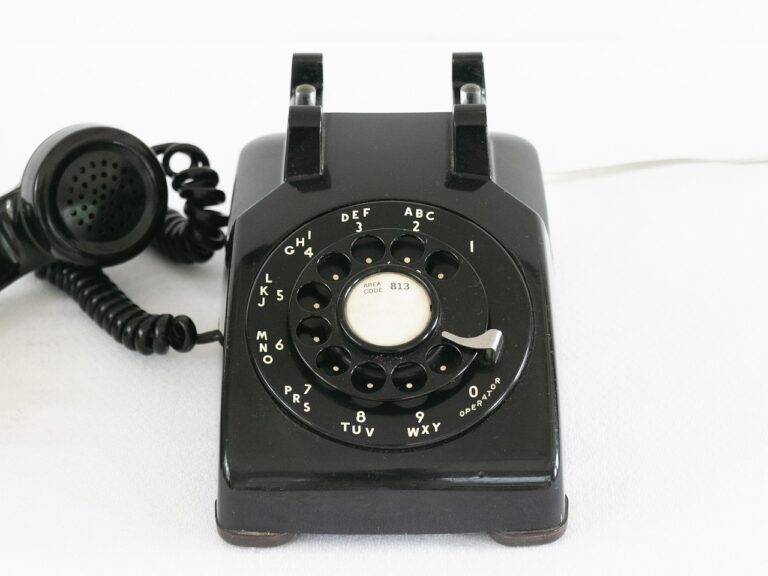Tech Solutions for Smart Cities
Traffic management is a critical aspect of urban planning, with the rise of urbanization and increasing congestion on roadways. Smart traffic management systems leverage technology to optimize traffic flow, reduce delays, and improve overall road safety. By utilizing real-time data collection, sensor technologies, and intelligent algorithms, these systems can analyze traffic patterns and dynamically adjust signals to improve traffic efficiency.
Furthermore, smart traffic management systems can provide valuable insights for city planners and policymakers to make informed decisions about infrastructure development and transportation policies. With the integration of IoT technologies, these systems can offer predictive analytics to anticipate traffic bottlenecks, enable better resource allocation, and enhance the overall mobility experience for residents and visitors alike.
Smart Waste Management Solutions
In an era where urbanization is rapidly increasing, the need for efficient waste management solutions has become more pressing than ever. Smart waste management systems are proving to be a game-changer in addressing the challenges faced by growing cities. By integrating sensors and real-time monitoring technology, these systems help optimize waste collection routes, reduce operational costs, and minimize environmental impact.
With the help of IoT technology, smart waste management solutions enable authorities to gather valuable data on waste levels, collection frequencies, and fill rates. This data-driven approach not only enhances operational efficiency but also allows for predictive maintenance and proactive measures to prevent overflowing bins and littering. By adopting these innovative solutions, cities can move towards a more sustainable and cleaner environment for residents and future generations.
IoT and its Role in Building Smart Cities
The integration of IoT technology in urban settings plays a crucial role in the development of smart cities. With the use of sensors and connectivity, IoT enables various devices to exchange real-time data, leading to efficient resource management. This data-driven approach allows for better decision-making in areas such as traffic flow optimization, waste management, and energy conservation.
In addition to enhancing operational efficiency, IoT contributes to the overall quality of life in smart cities. By collecting and analyzing data on air quality, noise levels, and temperature, IoT systems can help city officials address environmental concerns promptly. This proactive approach not only improves the well-being of residents but also reduces the ecological footprint of urban areas, promoting sustainability in the long run.





